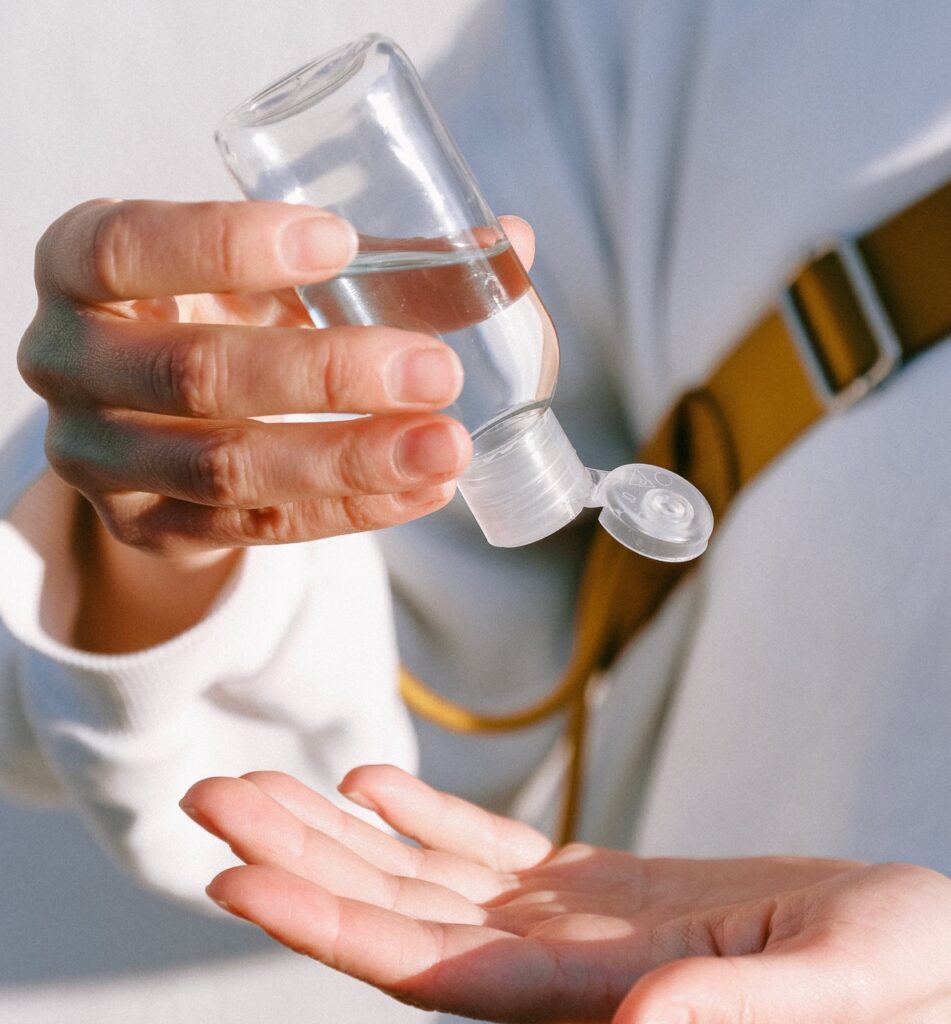Health
10 Must-Do Health and Hygiene Practices
Maintaining good personal hygiene is crucial for overall health and well-being. It helps prevent the spread of germs and diseases, keeps our bodies clean, and boosts our self-esteem. In this article, we will explore 10 essential personal hygiene practices that everyone should adopt to lead a healthy and hygienic life.
Introduction
Personal hygiene encompasses various practices aimed at maintaining cleanliness and preventing the spread of germs and diseases. It involves caring for our bodies, including our hands, teeth, hair, skin, nails, clothing, and personal items. By incorporating these 10 essential personal hygiene practices from this article, into our daily routines, we can promote good health and well-being.

1. Hand Hygiene
One of the most effective ways to keep disease at bay is to wash one’s hands frequently. Always use soap and water to wash your hands for 20 seconds, particularly before eating, after going to the bathroom, or after touching something that could be contaminated. In situations where plain water and soap are not an option, you can use hand sanitizers that contain at least 60% alcohol.
2. Dental Hygiene
Keeping your teeth and gums healthy requires regular brushing and flossing. For optimal oral health, brush your teeth using a fluoride toothpaste for two minutes twice a day. To keep food and plaque out of your teeth and gums, floss every day. To catch any problems with your mouth in its early stages, it is essential to get regular dental exams and cleanings.

3. Bathing and Showering
We can maintain a clean and healthy body by bathing or showering frequently. After a long day of sweating, wash your feet, underarms, and groin with a gentle soap or body wash to remove excess oil and grime. Remember to wash your hair frequently to remove excess oils and grime. If you want to keep your skin free of bacteria and fungi after a bath, be sure to dry yourself completely.
5. Hair Care and Scalp Hygiene
Caring for your hair and scalp is an integral part of personal hygiene. Wash your hair with a suitable shampoo at least once or twice a week, depending on your hair type and activity level. Remember to rinse out all the shampoo and conditioner thoroughly. Regularly trimming split ends and keeping your hair neat and clean contributes to overall appearance and hygiene.
6. Skin Care and Hygiene
Proper skin care is essential for maintaining healthy and clean skin. Wash your skin with a mild cleanser at least once a day, or more often if you sweat heavily or come into contact with dirt or pollutants. Pay special attention to areas prone to sweat and odor. After washing, gently dry your skin and moisturize with a lotion or cream to keep it hydrated.

7. Nail Care and Hygiene
Trimming and grooming your nails are vital for personal hygiene. Keep your nails at a moderate length and use clean and sharp nail clippers or scissors to prevent damage. Regularly clean your nails and moisturize your cuticles to maintain their health. Practice good hygiene by washing your hands before and after touching your nails and avoiding biting or picking at them.
8. Clothing and Laundry Hygiene
Wearing clean clothes is crucial for personal hygiene. Change into fresh clothes daily and wash them regularly. Use a mild detergent and follow the laundering instructions on the clothing labels. Properly store your clothes in a clean and dry place to avoid contamination. Avoid wearing dirty or contaminated clothes to maintain overall cleanliness and prevent the spread of germs.
9. Bed Linen Hygiene
Laundering and changing your bed linens regularly are essential for personal hygiene. Wash your bed sheets, pillowcases, and blankets at least once a week to remove sweat, skin cells, and other contaminants. If you sweat heavily or have visible stains or odors, you may need to wash them more often. Store your bed linens in a clean and dry place to keep them fresh.

10. Personal Items Hygiene
Cleaning and deodorizing your personal items is crucial for maintaining personal hygiene. Regularly clean and disinfect items such as makeup brushes, combs, hairbrushes, and towels to prevent the buildup of bacteria, dirt, and other contaminants. Store your personal items in a clean and dry place and avoid sharing them with others to minimize the risk of spreading germs.
11. Menstrual Hygiene
For women, practicing good menstrual hygiene is essential for overall health and well-being. Use sanitary pads, tampons, or menstrual cups during your period, and change them regularly to prevent bacterial growth and infections. Wash your hands before and after handling menstrual products and dispose of them properly. Maintain proper genital hygiene during menstruation to prevent discomfort and infections.
Conclusion
Finally, following the 10 must-do practices is more than just a list; it’s a promise to improve your health as a whole. A healthy lifestyle is built on these habits, which include things like washing your hands properly, working out regularly, and eating well. People can strengthen their immune systems, improve their mental health, and lower their risk of getting sick by sticking to these habits.
As someone who is very interested in health and cleanliness, I know firsthand how changing these habits into daily ones can change my life. It’s impossible to deny that these small but important habits add up to big changes. Readers should not see these habits as things they have to do, but as choices that give them power and help them live a strong, happy life. If we put health and cleanliness first, we can look forward to a future full of energy, longevity, and a general feeling of well-being.


